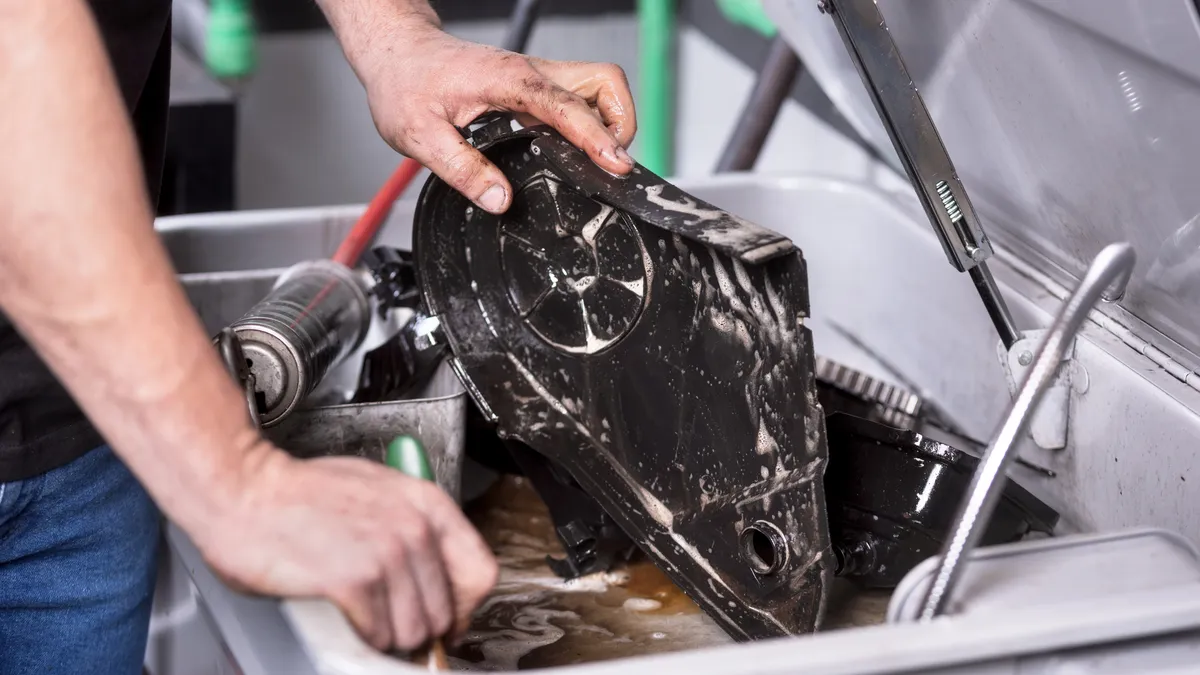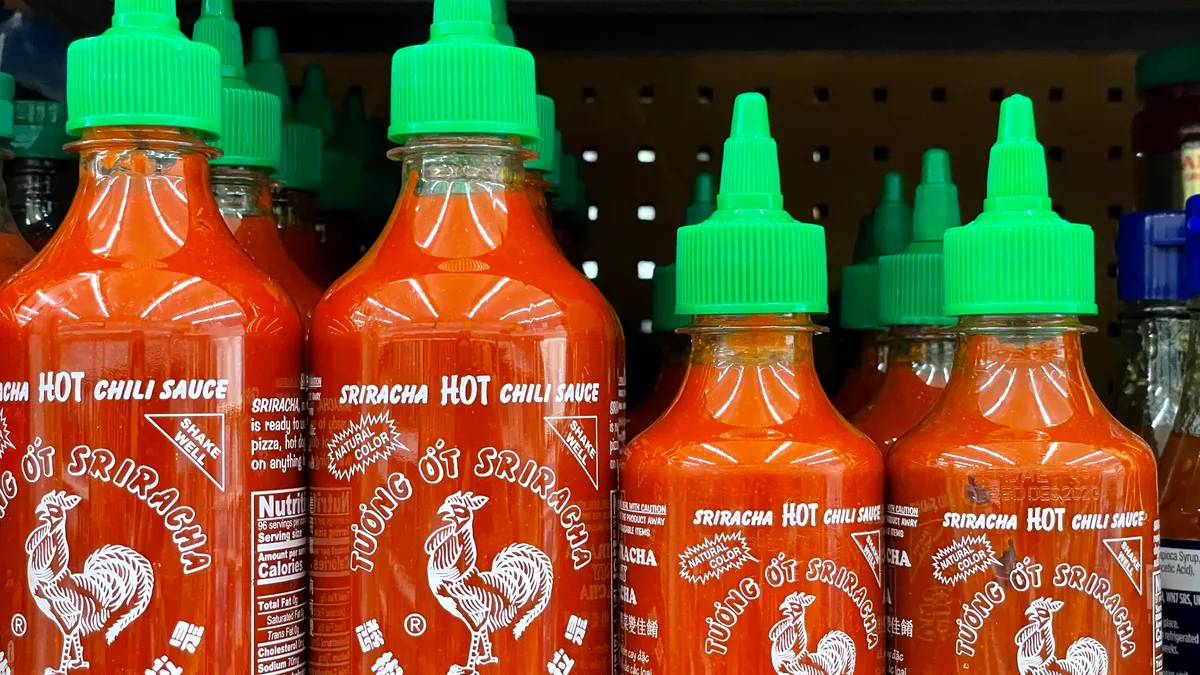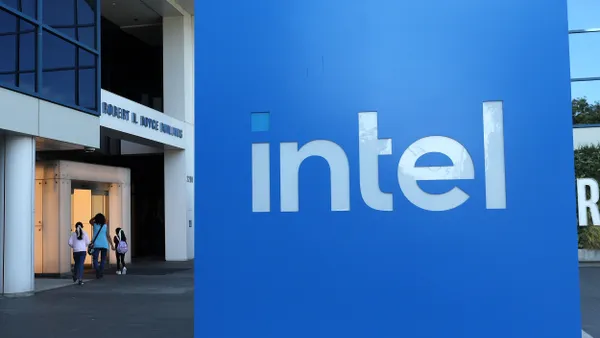An EPA proposal would ban most uses of the popular dry cleaning and adhesive chemical perchloroethylene (PCE) in manufacturing.
PCE is a synthetic substance mainly used in dry cleaning and the manufacturing of solvents, degreasers, refrigerants and other fluorocarbons like brake cleaners and adhesives.
The proposal last month includes a risk management rule that phases down the use of PCE in consumer, industrial and commercial instances in manufacturing, processing and distribution within 24 months. The agency found that alternative components with similar costs and effectiveness are available for substitution in most cases.
While the proposal would ban the manufacturing of products for consumer uses such as dry cleaning. But it would exempt industrial manufacturers in certain cases, such as in the production of refrigerant chemicals, which will be allowed to continue with strict safety controls in place. It would also require manufacturers to establish recordkeeping and notify companies they ship to if a product contains PCE.
The EPA concluded in December 2020 that PCE posed a clear health risk, including to workers using the chemical in manufacturing or exposed through inhalation or skin contact. The agency determined that the chemical can affect the nervous system or cause cancer.
“Chemical milling using PCE is most prominent in the aerospace industry,” the EPA said in the proposal. “Vapor degreasing is used in several advanced manufacturing industries, including aerospace, automotive, energy, medical devices, and others.”
Michal Freedhoff, assistant administrator for the Office of Chemical Safety and Pollution Prevention, said the rule seeks to ban unsafe uses of the chemical and ensure “stringent controls are in place to protect workers for the uses that remain.
PCE has been the subject of lawsuits over the last year. In August 2022, President Joe Biden signed the Honoring our Promise to Address Comprehensive Toxics Act (PACT) Act, which would provide Veteran Administration benefits and care to military veterans exposed to toxins throughout their military service.
That included the Camp Lejeune Justice Act, which extends benefits to veterans and families who lived and worked on Marine Corps Base Camp Lejeune in Jacksonville, North Carolina for at least 30 days between 1953 and 1987 and were exposed to water contaminated with PCE.
The act would allow those affected to sue the U.S. Navy if the military branch does not reply to administrative claims within six months. Approximately 70,000 claims have been filed with the Navy regarding the contamination and 663 lawsuits have been filed so far.












